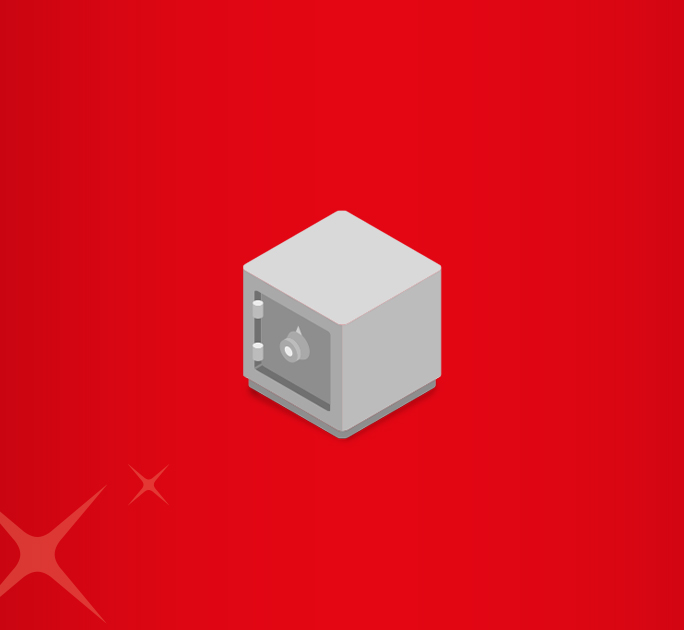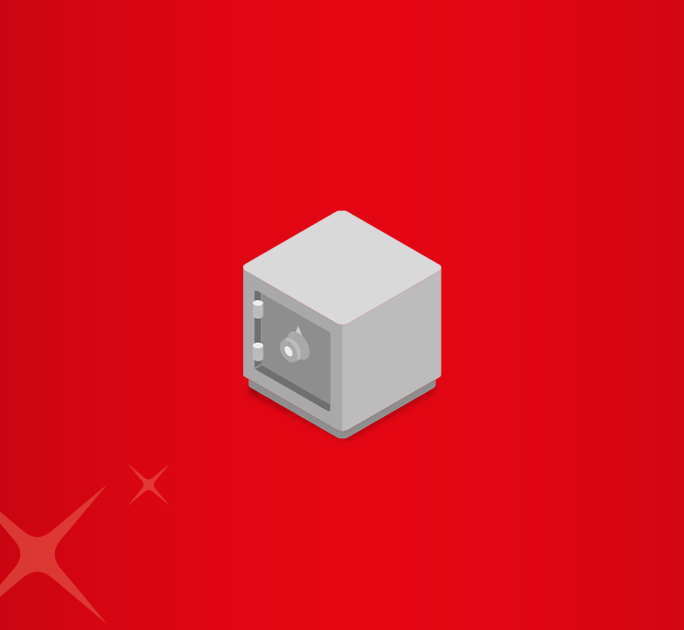- Save
- Invest
- Borrow
- Pay
- More
- Customer Services

What is Internet Banking & How it Works
Learn what is net banking and how it works through this article
Key Takeaways
- Internet banking means conducting banking transactions via the internet.
- Almost all banks offer net banking facilities.
- You can check account balances, transfer funds, manage your debit and credit cards etc., with net banking.
- It is a time-saving facility available 24x7x365.
- You can conduct financial transactions in real-time with internet banking.
What is Internet Banking?
Internet banking or net banking is a facility that enables you to conduct various banking transactions using an internet-enabled device like a computer or smartphone. It is a one-stop online solution to all modern banking needs.
How Net Banking Works?
Internet banking allows you to conduct various transactions ranging from fund transfers, checking account balances and statements, ordering cheque books and bank cards, and investing in investment market securities. With internet banking, you can access almost all banking services from the comfort of your home without visiting your bank branch.
When you open a bank account, your bank provides you with the internet banking user ID and password. Visit the bank's internet banking website on your computer or internet-enabled smartphone, and log in using the credentials. Upon logging in, you will be prompted to change the password, after which you can access a host of financial services your bank offers.
Features of Internet Banking
Besides knowing net banking meaning, you should know about its impressive features, including facilities to:
- Check account balance and statement
- Transfer money via NEFT, RTGS or IMPS
- Conduct international remittances
- Book Fixed Deposits and Recurring Deposits
- Pay utility bills and credit card bills
- Manage and apply for credit and debit cards
- Apply for cheque book
- Make Mutual Fund investments
- Apply for Personal Loans, Home Loans, etc
Benefits of Internet Banking
The global banking industry has evolved significantly since its inception. It is no longer confined to loans, accounts and fixed deposits. The advent of internet banking has allowed banks to make these services readily available to consumers. The many benefits of internet banking include:
Round-the-clock Availability
Internet banking facilities are available 24x7x365. Thus, you can transfer funds at any given hour, check account balances on the go, open Fixed Deposits, invest in market securities, and so on.
Time-saving
Time spent travelling to and from your bank could be efficiently utilised elsewhere. You can transfer funds or check statements within seconds via your internet banking account.
Constant monitoring
Banks send SMS alerts for every transaction on your bank account. As such, you can closely monitor your transactions and inform the bank immediately in case of suspicious transactions.
Bill payments
Internet banking also makes paying bills easy. By adding the biller to your account and enabling the auto-payment option, you can pay your electricity bill, telephone bill, gas bill, property tax, etc., from the comfort of your home.
Things To Remember
- You need a strong, secure internet connection to access your net banking account.
- Ensure you log out after each transaction and use secure Wi-Fi systems, not public ones.
- Set strong passwords, memorise them, and avoid sharing them with anyone.
Final Note
That internet Banking will continue to be a part of our banking lives is no hidden secret. Perhaps this banking model will one day render brick-and-mortar bank branches entirely redundant. Therefore, it is imperative for you to familiarise yourself with internet banking services today. Doing so can prove to be both time-savings and convenient and save you precious time spent on various in-person banking activities.
Download DBS Bank app to get started.
*Disclaimer: This article is for information purposes only. We recommend you get in touch with your income tax advisor or CA for expert advice.











